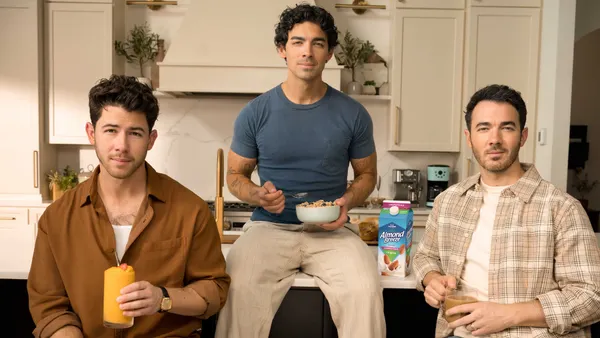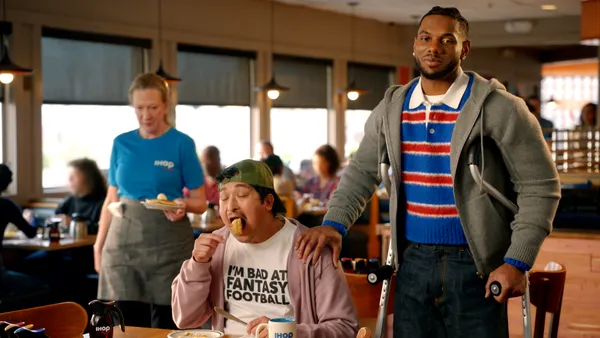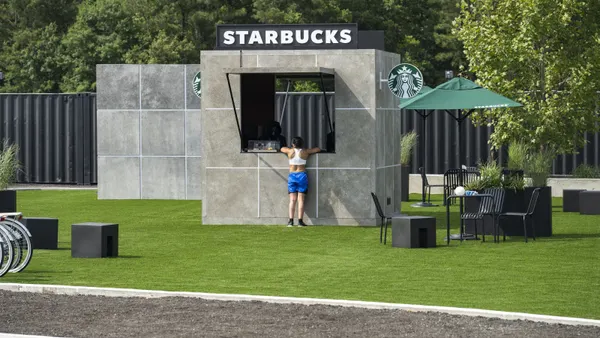Dive Brief:
- Coca-Cola is pausing all of its marketing in Great Britain due to economic uncertainty caused by the coronavirus pandemic, a spokesperson told PRWeek.
- The beverage company will stop all Q2 marketing efforts and will continue to watch the situation to determine its plans for Q3.
- The soda brand works with a number of agencies in England including: Ogilvy, Wieden+Kennedy, McCann and MediaCom. The brand is also a sponsor of major events in the region that have been postponed including Premier League and Euro 2020.
Dive Insight:
Coca-Cola halting marketing efforts in the U.K. reflects how many major brands around the globe are responding to the pandemic. The beverage giant is a supporter of numerous events, but with many of these events canceled — including the now-postponed Olympics — it doesn't make sense for the company to move forward with its marketing at the risk of coming across as insensitive or ill-timed.
Per PRWeek, Coca-Cola spent $4.2 billion on global advertising for its portfolio of brands in 2019. The company works with numerous agencies in the region, which will take a hit without the Q2 business and a harder hit if Q3 business is also impacted. This may lead to layoffs or at least furloughs at some agencies that are dependent on such an anchor client. Employees in the advertising industry are nervous of losing their jobs because of the pandemic's widespread economic impact, with more than 65% of professionals in the sector fearing company layoffs.
It is unclear whether Coca-Cola will pull its marketing in other global markets. In response to the coronavirus outbreak, the beverage giant ran a billboard in Times Square urging social distancing, spreading out the letters to visually represent the concept. "Staying apart is the best way to stay united," read the ad, which was created by Mercado McCann in Argentina, per Campaign.
The news comes as Coca-Cola CEO James Quincey told CNBC that the pandemic is causing supply chain issues all over the world. The company reported seeing an increased demand in the U.S. from both grocery stores and online sellers due to consumers stockpiling food as they prepare for potential lockdowns.









